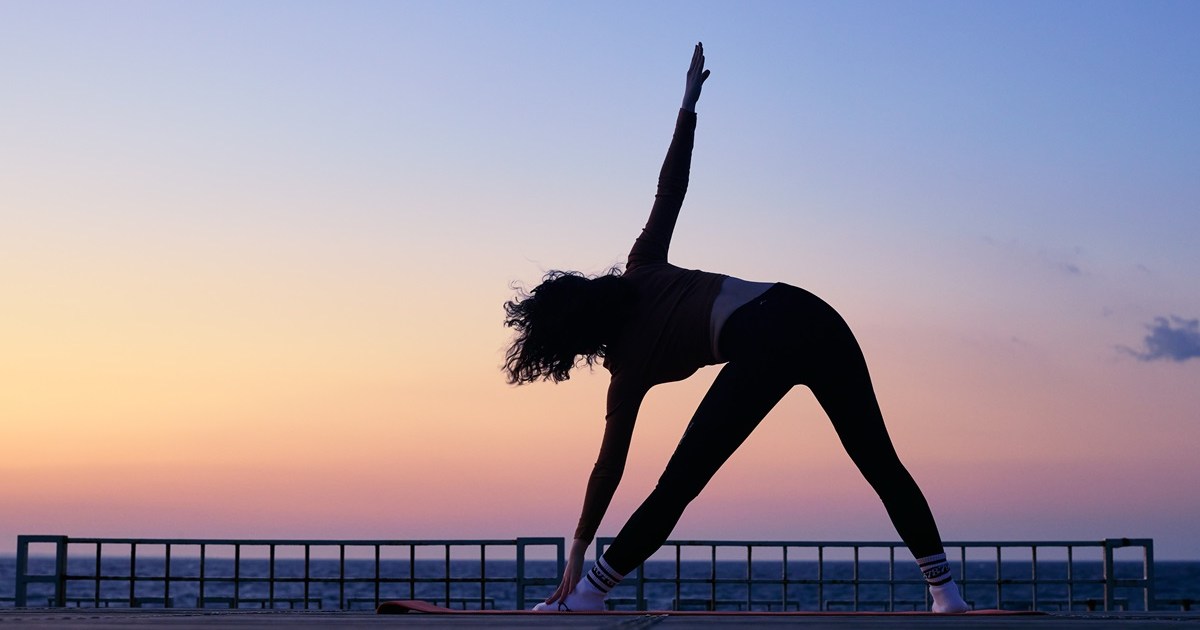Curious about what TikTok’s ‘Winter Arc’ trend is and why it’s gaining attention? TikTok trends have a way of going viral, some harmless and others potentially dangerous. Recently, a new trend called the ‘Winter Arc’ has emerged, and while it promotes self-improvement, some experts believe it could pose risks. So, what is the Winter Arc trend, and why should we be cautious about it?
Here’s everything you need to learn about the famous ‘Winter Arc’ trend.
What is Tiktok’s ‘Winter Arc’ trend?
The Winter Arc trend is a viral TikTok meme that encourages users to begin self-improvement long before the New Year.
Instead of waiting for resolutions, this trend helps you challenge yourself to adopt healthier habits from October 1 through December 31. The idea is to prepare for the colder months by making positive changes early, such as improved fitness, mental strength, or productivity, so the winter is more manageable. It’s all about intense self-discipline and beating the seasonal laziness that often comes with the cold.
The trend gained momentum on TikTok in September 2024, with influencers urging followers to focus on both mental and physical challenges for three months. While on the surface, the Winter Arc appears to be a motivational movement, experts warn that this challenge could have negative effects.
Psychologist Natalie Buchwald from Manhattan Mental Health Counseling cautions that the Winter Arc may promote unhealthy behaviors if people push themselves too hard. “This trend can become toxic if it glamorizes activities that aren’t health-promoting,” Buchwald says. Instead, she recommends a more balanced approach to self-improvement, emphasizing sleep and mental well-being. (via Dexerto)
Some influencers support waking up early or isolating themselves during this self-improvement journey, but Buchwald advises against such extremes. She said, “Getting enough sleep is my top recommendation. Some Winter Arc influencers are telling people to wake up super early in the morning for the sake of it, but these behaviors are rarely necessary.”

